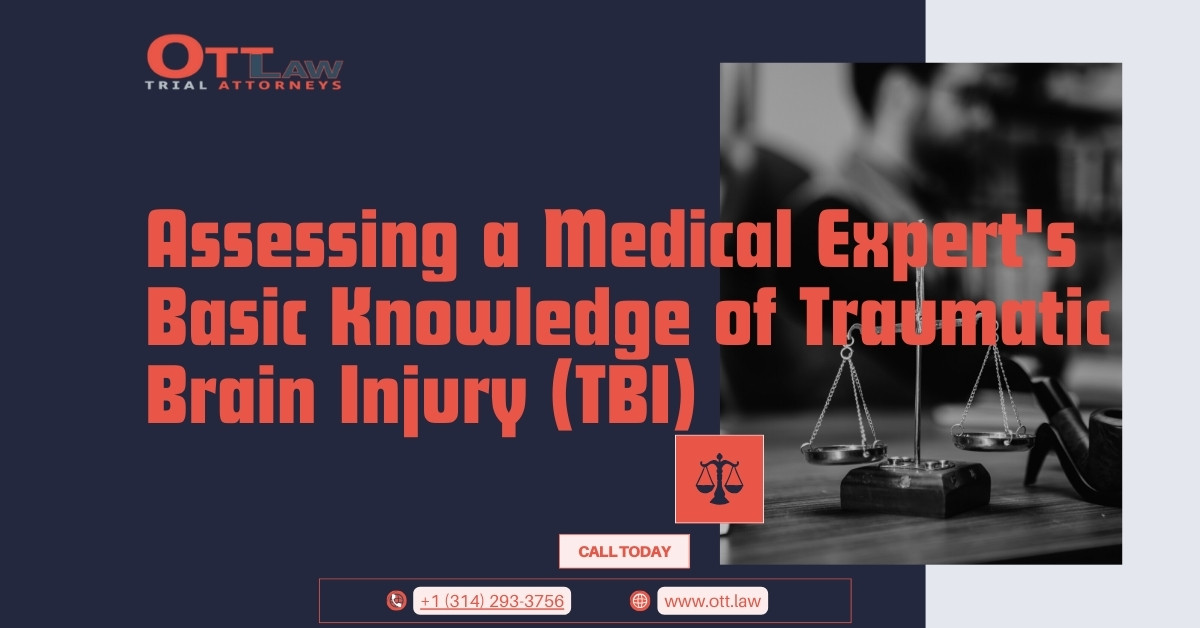Traumatic Brain Injury (TBI) remains a crucial subject in personal injury litigation. As such, when medical experts are brought in to testify, their credibility and expertise in the area of TBI become vital. Here’s a comprehensive guide on how to challenge a medical expert’s fundamental understanding of TBI during cross-examination.
Establishing Basic Familiarity:
It is imperative to ascertain an expert’s general knowledge of TBI definitions, guidelines, and potential outcomes:
- Official Definitions: Quiz the expert on published definitions of mild, moderate, and severe TBI from renowned institutions like the Centers for Disease Control, World Health Organization, American Congress of Rehabilitation, and National Center for Injury Prevention and Control. Familiarity with these definitions demonstrates an understanding of globally accepted standards.
- Understanding Symptoms & Outcomes: Ensure the expert recognizes the array of potential TBI symptoms, including cognitive, sensory, communication, and behavioral issues. Delve into the possible long-term outcomes of a TBI, such as risks for Alzheimer’s disease, Parkinson’s disease, or post-traumatic dementia.
- Recognition of Broader Issues: Establish if the expert is aware of TBI as a “silent epidemic” and if they’re familiar with the term “miserable minority” in the context of TBI patients.
Tackling Pre-existing Conditions:
If the defense or expert suggests that the plaintiff had pre-existing psychiatric or health conditions:
- Emphasize the amplified recovery difficulties for individuals with pre-existing conditions when a TBI is added to the mix, primarily due to compromised coping mechanisms.
Conclusion:
In TBI cases, challenging the depth and breadth of a medical expert’s knowledge can play a pivotal role. Making sure that they adhere to and recognize established definitions, symptoms, and potential outcomes ensures the court or jury receives accurate and comprehensive information.
For further insight and advice on legal matters concerning Traumatic Brain Injuries, consult with leading legal professionals in the field.
Note: The above references, including those to the Centers for Disease Control, World Health Organization, and the American Congress of Rehabilitation, are sourced from the user-provided content. All legal professionals should cross-check these references for their accuracy and applicability.

